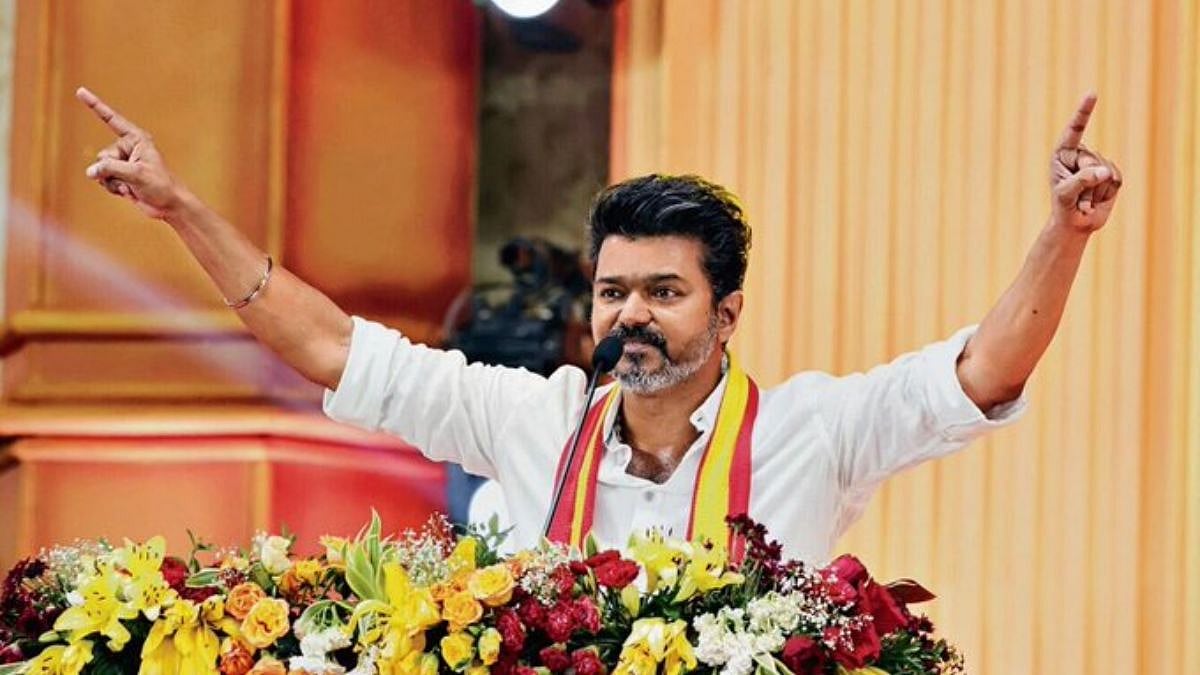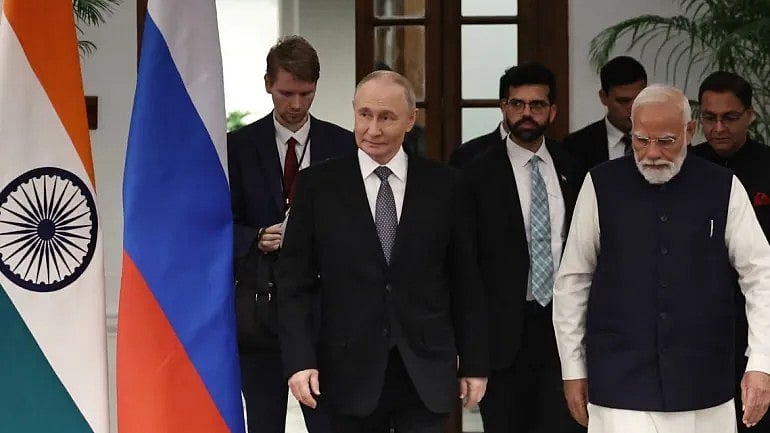Noise is a silent killer. This much is acknowledged after nearly three decades of diligent campaigning by anti-noise activists and 23 years of India’s lawmakers evolving Noise Rules that strive to balance one’s right to life with another’s desire to have noisy celebrations. Yet, the notion that noise can bother others in society and festivities do not have to mean loud revelries have not seeped into the national psyche or become an inalienable part of people’s civic responsibilities. Festivals of any religion which call for processions and public celebrations now de facto mean loud music and the use of loudspeakers beyond the time prescribed in the Noise Rules.
In Somatane, near Pune, loud music played during a Ganesh immersion procession prompted a family to request the devotee-revellers to lower the volume of loudspeakers as the procession passed by their house, because they were mourning the death of their 16-year-old son. The procession passed in its mojo nevertheless; a few people returned later with sharp weapons including machetes and metal rods, and beat up the family members and their friends on a condolence call, dealing severe blows to the heads and necks of many. The local police have registered a case. In this instance, it was not merely loud noise but the sheer insensitivity of the devotee-revellers to show consideration for a grieving family despite the latter’s request; the family asked this only near their house or precinct. The munificent god Ganesha would have disapproved of such heartlessness.
That all processions are now loud pageants with the customary disc jockey or DJ, and that religious-related revelries continue late into the night, does not mean this is valid or desirable. The Noise Rules carry an exception for about two weeks a year in which the prescribed timings — no loudspeakers between 10 pm and 6 am — are relaxed. It bears repetition that the Rules lay down permissible noise levels which, in industrial areas, is 75 dB for daytime and 70 dB at night, 65 dB and 55 dB respectively in commercial areas, and 55 dB and 45 dB respectively in residential areas; they also categorise a silence zone which is at least 100 metres around hospitals, educational institutions, courts, religious places and so on. The relaxation for festivals has been unfortunately taken as a blanket suspension of the Rules operating in the various zones. Loud processions by different communities have also clashed leading to communal tension and violence in places.
The Somatane incident evoked condemnation from most quarters; only a few right-wing Hindus questioned why Hindu religious processions are advised low volume while those of other religions are permitted all liberties. This is untrue; all processions and programmes are subject to the same Rules. In fact, Hindu festivals outnumber those of other religions and local police ignore their violations of the Noise Rules. People must make merry and carry out their religious obligations but not at the expense of peace and order in the society. In Mumbai and other parts of Maharashtra, Eid-e-Milad processions were taken out a day after the Ganapati Visarjan processions; there was considerably less noise during the former. This is not to absolve the minority community; mosques willfully violate the Noise Rules on loudspeaker timings and decibel levels during azaan five times a day every day of a year. There must not be a competition between communities to make more noise – to the detriment of health and peace of all.
Where does the buck stop? It stops with the implementing authorities; in this case, with governments and the police. The courts, from high courts around the country to the Supreme Court seized of the issue for decades now, have been hard on governments pushing them to enforce the Noise Rules. The erstwhile Devendra Fadnavis government gave an undertaking to the Bombay High Court in 2016 that it would not permit loudspeakers in silence zones; two years later, it reduced the number of such zones from nearly 2,000 to a mere 110 at the start of Ganeshotsav that year.
The elephant-headed god loves music and dance, but even He would not approve loud and disturbing noise made in His name. Piety and devotion does not call for loud noise.











